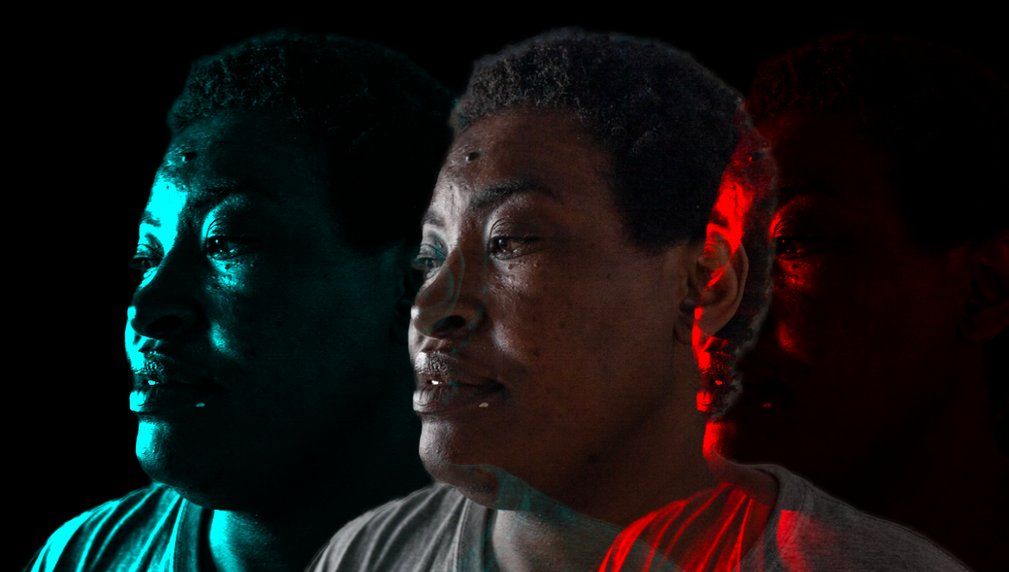A New HOME for Refugees
Asylum seekers who have fled torture and abuse in their home countries and hope to establish new lives in the U.S. can wait up to six years for a decision on asylum claims. In the interim, they face challenges to integrating into their new communities. Poverty, language and cultural barriers, limited access to healthcare and gainful employment make the transition difficult. Project HOME (Healing through Opportunities for Mobility and Engagement) helps torture victims overcome barriers and become self-sufficient and engaged community members.

What is the primary issue area that your application will impact?
Immigrant and Refugee Support
In which areas of Los Angeles will you be directly working?
County of Los Angeles
In what stage of innovation is this project, program, or initiative?
Expand existing project, program, or initiative
What is your understanding of the issue that you are seeking to address?
Many refugees who enter the U.S. make their new homes in California, and a majority of those are residing in L.A. County. Torture victims comprise 42% to 44% of the refugee population, and increasing numbers of asylees are from war-torn countries such as Afghanistan, Syria, and Ukraine; from Myanmar where ethnic minorities face severe persecution; and from Latin America where gang and cartel violence are rampant. These refugees need much more than legal support if they are to heal and have opportunities to contribute as engaged members of their new communities. With founders who themselves were victims of persecution and through serving torture victims over four decades, PTV has developed a deep understanding of the needs of asylum seekers and the challenges they face in resettling in the U.S. PTV’s staff and Board of Directors are knowledgeable and equipped to help asylees overcome the many obstacles they face to become productive and healthy members of society.
Describe the project, program, or initiative this grant will support to address the issue.
The following Project HOME components help torture victims acclimate to and become contributing members within their new communities: Assistance with Basic Needs—Refugees often need assistance in securing their most basic needs, including food, shelter, clothing, and transportation. To ensure that PTV clients have a safety net, we provide them with emergency support. Expressive Healing Arts—Creative arts experiences transcend language barriers and are powerful tools to confront and heal from long-term emotional trauma. Arts programming allows refugees to release trauma stored in their bodies, muscle memory, and the limbic system of the brain and work through complex feelings and multiple layers of cultural and other barriers to mental health and empowerment. Training/Education—PTV provides training and education in areas that promote independence, inclusion, and social/economic mobility (e.g., vocational/job training, assistance with learning and conversing in English, civics education, and improving financial literacy). Legal Advocacy—PTV provides legal advocacy and works with an extensive network of legal service organizations and attorneys to ensure high-quality representation for our clients. Our staff conducts forensic medical and psychological evaluations, documents evidence of torture and trauma, and serves as expert witnesses for asylum cases and for human rights or war crimes trials in international courts.
Describe how Los Angeles County will be different if your work is successful.
Short-term success is enabling asylees to meet basic needs for shelter, food, clothing, transportation, and health/mental health care. Meeting immediate needs provides a foundation for recovery and resiliency for vulnerable refugees. Project HOME facilitates successful integration of torture victims into our society as they start over in an unfamiliar world and culture. Long-term success means preventing ongoing economic, housing, and food insecurity and social isolation for refugees. PTV helps those who have experienced unimaginable torture, pain, and persecution become healthy, confident, self-sufficient, engaged members of our community. When fewer Angelenos endure instability and poverty, Los Angeles becomes a better place for all to live. As PTV clients become self-sufficient, heal physically and psychologically, and restore their faith in human kindness, they use their talents and knowledge to enrich our neighborhoods and teach us important lessons in freedom and human dignity.
What evidence do you have that this project, program, or initiative is or will be successful, and how will you define and measure success?
PTV assesses wellness indicators and client needs at intake and every six to nine months afterwards. This process allows PTV to analyze individual progress and cumulative outcomes. We track the number of clients served; participation in activities; increased sense of wellbeing and language, social, or cultural competence; and reduced levels of anxiety, depression, and/or PTSD. Project HOME has been successful in improving acculturation while also reducing effects of trauma. We anticipate achieving these outcomes over a 12-month time frame: • At least 70% of survivors will report reduced symptoms of PTSD. • At least 70% of participants will report reduced feelings of depression. • At least 70% of participants will demonstrate that they have tools to become more self-sufficient. • At least 75% of participants in trainings will report increased confidence and competence in subject matter. • At least 70% of participants will have greater confidence in being part of a new community.
Approximately how many people will be impacted by this project, program, or initiative?
Direct Impact: 350
Indirect Impact: 3,750